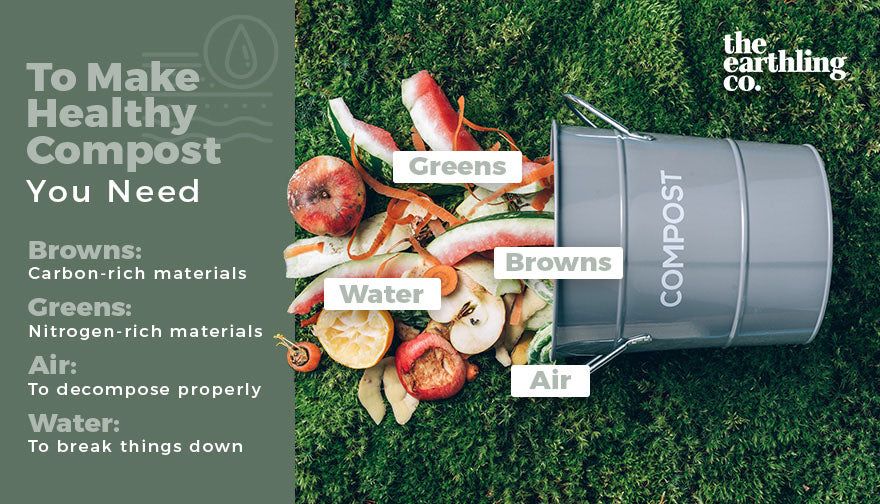Composting is a great way to reduce waste and create nutrient-rich soil for your garden. Not only does it help the environment by diverting organic waste from landfills, but it also adds valuable nutrients to the soil, improving plant growth and reducing the need for chemical fertilizers.
1. Choose the Right Container
The first step in starting your composting journey is to choose the right container. You can use a variety of containers, from basic bins to more elaborate compost tumblers. The key is to find a container that is large enough to hold all your organic waste and has good airflow to promote decomposition.
2. What to Compost
When composting at home, it’s important to know what you can and cannot compost. You can compost a variety of organic materials, including fruit and vegetable scraps, coffee grounds, yard waste, and eggshells. However, you should avoid composting meat, dairy, and oils, as they can attract pests and create odors.
3. Layering Your Compost
To create a successful compost pile, you should layer your organic materials. Start with a layer of brown materials such as dried leaves or newspaper, followed by a layer of green materials such as fruit scraps and grass clippings. Repeat this process until your container is full, making sure to turn the pile occasionally to promote decomposition.
4. Managing Your Compost
Managing your compost pile is essential for successful composting. You should keep your pile damp but not soaked, turning it regularly to ensure all materials are breaking down evenly. You may also want to add a compost activator to speed up the decomposition process.
5. Harvesting Your Compost
After several months of composting, your pile should be ready to harvest. You’ll know your compost is ready when it looks dark and crumbly, with a rich earthy smell. You can use the finished compost in your garden to enrich the soil and promote plant growth.
6. Troubleshooting Common Issues
If you encounter any issues while composting, don’t worry! Common problems such as odors, pests, and slow decomposition can be easily fixed. Adding more brown materials, turning the pile more frequently, or adding a compost activator can help solve these issues.
Composting at home is a rewarding and environmentally friendly way to reduce waste and improve your garden. By following these steps and tips, you can start composting with confidence and create nutrient-rich soil for your plants to thrive.
So, what are you waiting for? Start composting today and make a positive impact on the environment!


